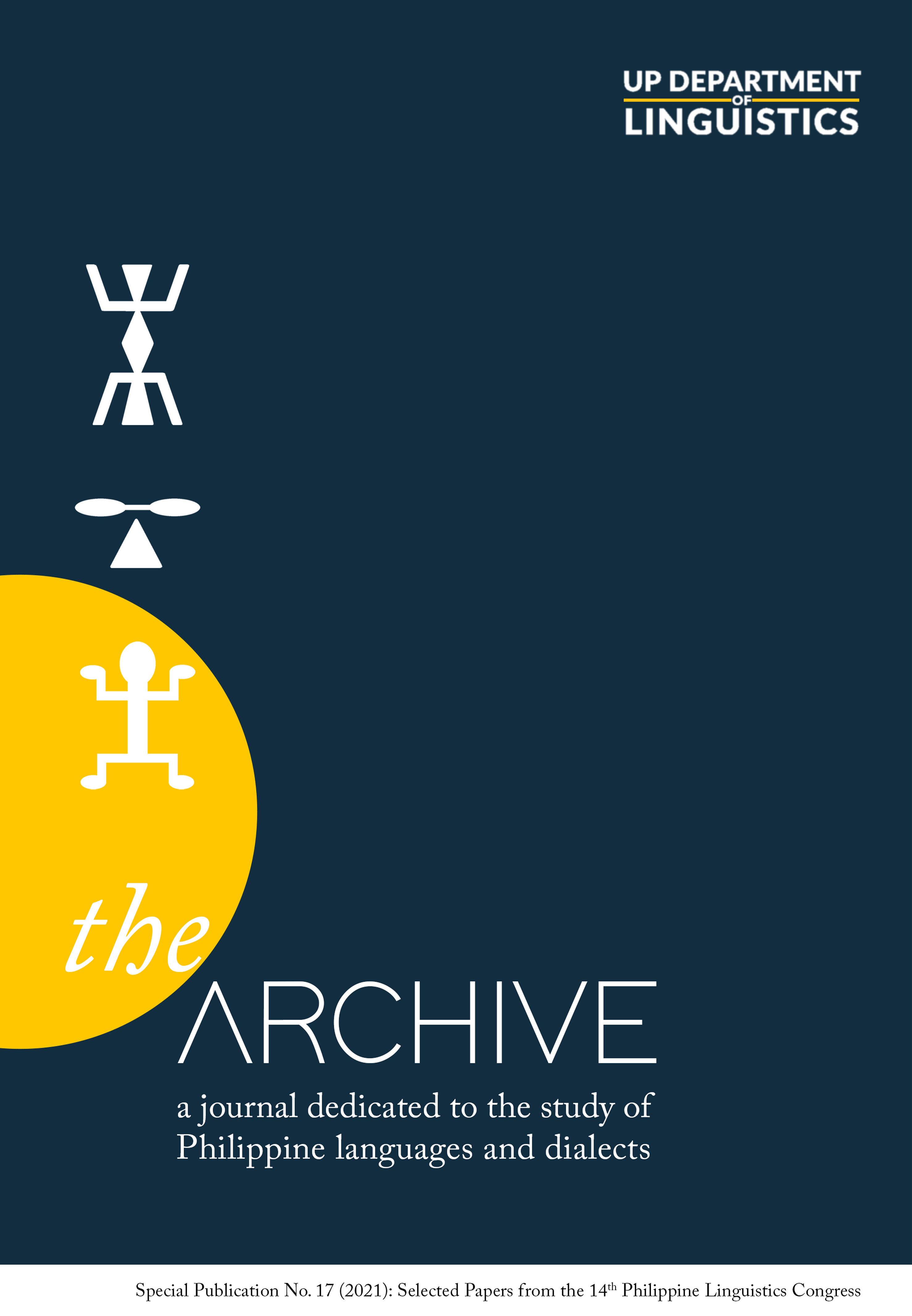Counter-Babel: Reframing Linguistic Practices in Multilingual Philippines
Abstract
Multlilingualism is the norm in many parts of the world (Grosjean 2010: 13, Thomason 2001: 31), but current linguistic practices remain to be biased towards the perspective of monolingualism. For instance, our current knowledge of language is typically based on the contexts of large-scale, monolingual societies (Adamou 2021: 3–7, Stanford 2016: 525–526, Stanford & Preston 2009: 6–12). Linguistic theories and constructs are largely derived from monolingual language use and processing. Measurements of linguistic skills and proficiencies are mostly based on monolingual competencies. Language documentation practices mainly focus on documenting a single, ancestral code, and much is still left to be done on documenting the language use of multilingual speakers and communities. Finally, language policies, not just in official domains but also in private ones such as the home, typically concern the use of a single language. In developing linguistic theories, methodologies, and language policies, it is important to consider a broader range of contexts, particularly those from multilingual communities, in that it is in these communities that we can observe a wider variety of linguistic norms, practices, and language use.


